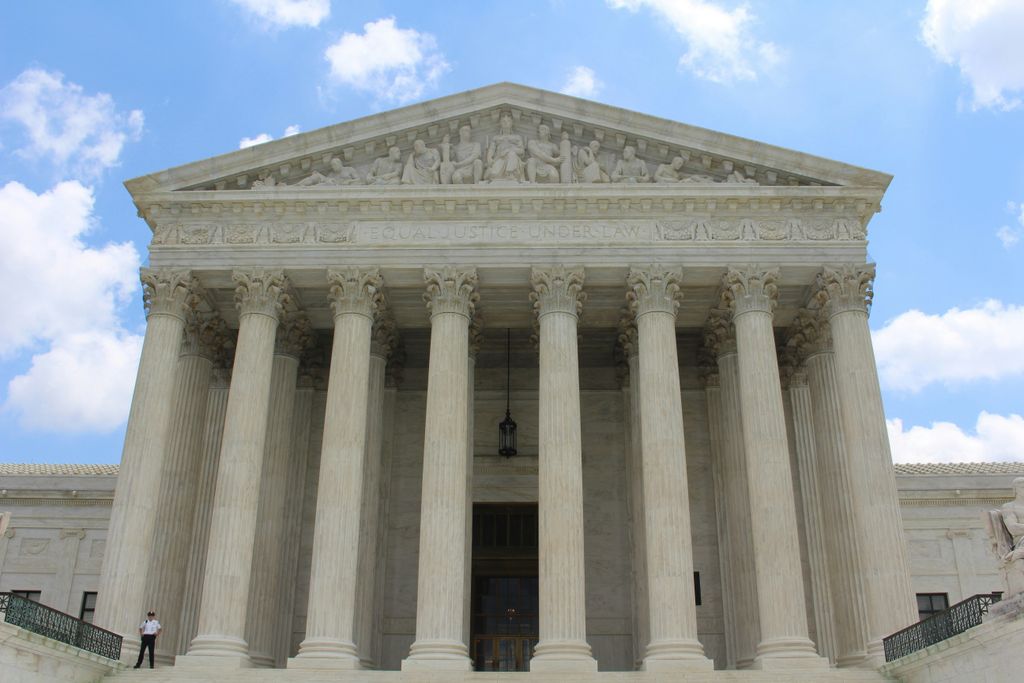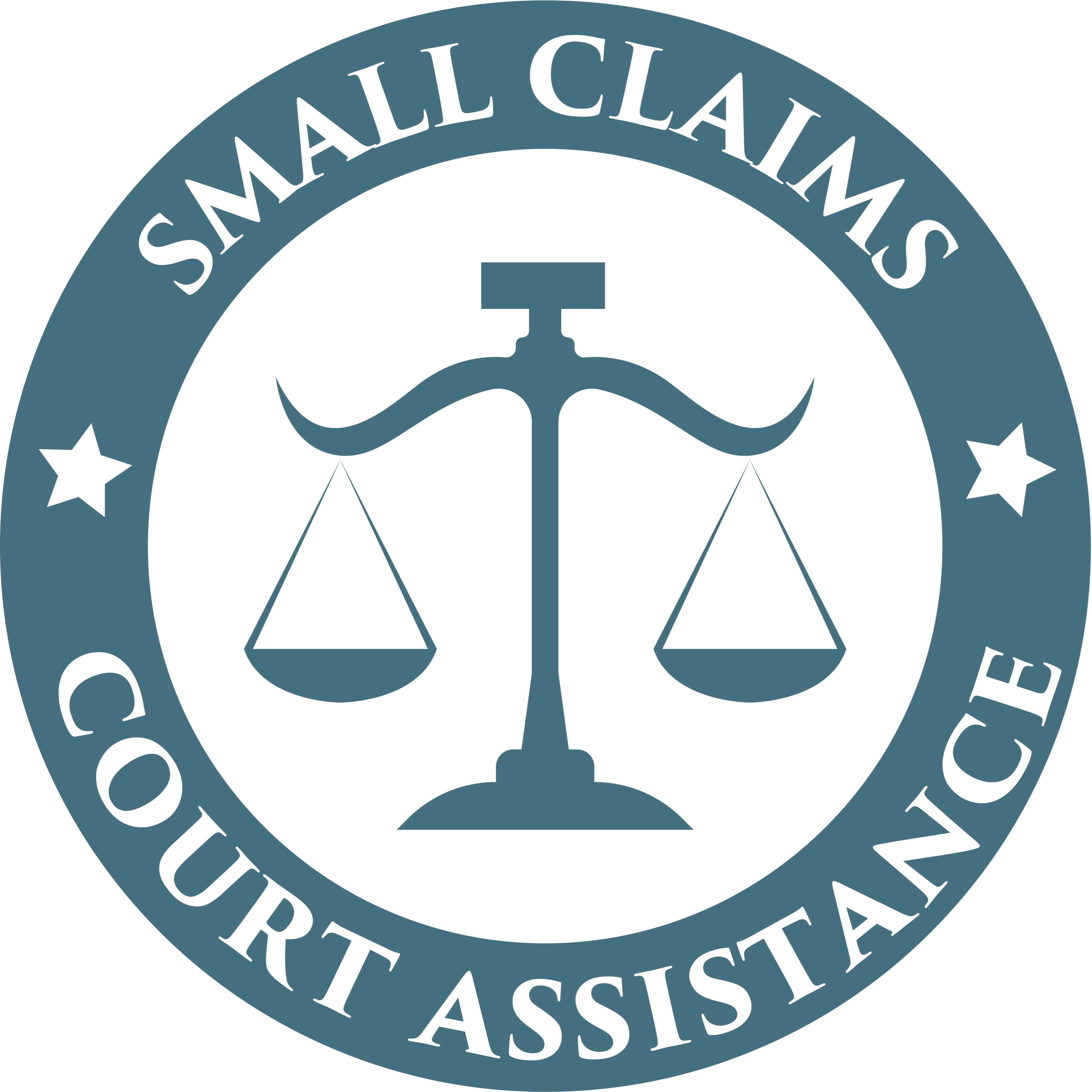Collecting unpaid rent can be a challenging process, but small claims court can be a valuable tool in recovering what is owed to you. By understanding the legal procedures and considerations involved in small claims court, landlords can increase their chances of successfully recovering unpaid rent. This article provides a comprehensive guide on how to navigate the process of collecting unpaid rent through small claims court.
Key Takeaways
- Understanding the initial recovery steps is crucial in efficiently pursuing unpaid rent through small claims court.
- Consider the legal action considerations carefully before proceeding with small claims court to ensure a successful outcome.
- Be aware of the collection rates and fees associated with small claims court to make informed decisions on pursuing unpaid rent.
- Having a clear overview of the recovery system in small claims court can help landlords navigate the process effectively and increase the chances of successful rent collection.
- It is important to assess the possibility of recovery and weigh the costs before deciding to proceed with legal action in small claims court.
Recovering Unpaid Rent Through Small Claims Court
Initial Recovery Steps
Before we dive into the legalities, let’s ensure we’ve exhausted all preliminary avenues. We start with direct communication; reaching out to the debtor through calls, emails, and letters. It’s crucial to document every attempt – this paper trail is vital for the court proceedings.
Persistence is key. Our initial efforts involve daily contact attempts for the first 30 to 60 days. If these fail, we escalate to our affiliated attorneys.
Here’s a quick rundown of our initial recovery steps:
- Send the first of four letters via US Mail within 24 hours of placing an account.
- Conduct skip-tracing and investigations to gather the best financial and contact information.
- Engage in persistent communication efforts, including phone calls, emails, text messages, and faxes.
If these steps don’t yield results, we move to Phase Two, involving our network of attorneys who will intensify the pressure with legal-headed letters and calls. This sets the stage for potential legal action, should it become necessary.
Legal Action Considerations
When we decide to take the leap into small claims court, we’re committing to a process that demands preparation and understanding of potential costs. We must weigh the upfront legal fees against the likelihood of recovery. These fees can range from $600 to $700, depending on the jurisdiction of the debtor. If we proceed, we’re responsible for court costs, filing fees, and any additional expenses incurred during litigation.
Mediation and other alternative dispute resolution methods should be considered as a precursor to or in lieu of court action. They can often lead to a quicker and less costly resolution. However, if these attempts fail, we must be ready to enforce judgments, which can be a complex and time-consuming endeavor.
Our strategy must be clear: we either resolve the debt through direct collection efforts or escalate to legal action with all its implications.
Here’s a quick breakdown of our collection rates, which vary depending on the age and amount of the claim:
-
For 1-9 claims:
- Accounts under 1 year: 30%
- Accounts over 1 year: 40%
- Accounts under $1000: 50%
- Accounts with an attorney: 50%
-
For 10 or more claims:
- Accounts under 1 year: 27%
- Accounts over 1 year: 35%
- Accounts under $1000: 40%
- Accounts with an attorney: 50%
We must remember that enforcing judgments and using alternative dispute resolution methods like mediation for unpaid claims are essential for a successful resolution.
Collection Rates and Fees
When we decide to take the plunge into Small Claims Court, we’re looking at a balance of costs and potential gains. The fees are upfront, but they’re a drop in the bucket compared to the rent we’re owed. We’re talking about a range from $600 to $700, depending on where the debtor lives. These cover court costs, filing fees, and the like.
Our rates are competitive, and they scale with the number of claims. Here’s the breakdown:
-
For 1-9 claims:
- Under 1 year old: 30%
- Over 1 year old: 40%
- Under $1000: 50%
- With an attorney: 50%
-
For 10+ claims:
- Under 1 year old: 27%
- Over 1 year old: 35%
- Under $1000: 40%
- With an attorney: 50%
Remember, if we don’t collect, you don’t pay us a dime. That’s our promise to you.
We’re not just throwing numbers around. We’ve got a system, a three-phase Recovery System, to be precise. It’s designed to maximize the chances of getting your money back. And if the odds aren’t in our favor, we’ll tell you straight up—it’s time to close the case.
Recovery System Overview
Our recovery system is a meticulously structured, three-phase approach designed to maximize the chances of reclaiming unpaid rent. We initiate contact within 24 hours, sending a series of communications and employing skip-tracing to ensure we have the best information on the debtor. Persistent attempts are made to resolve the matter amicably in Phase One.
In Phase Two, if necessary, we escalate the case to our network of attorneys who continue the pressure with legal correspondence and calls. Should these efforts not yield results, we proceed to Phase Three, where we evaluate the feasibility of litigation based on a thorough investigation.
The decision to litigate is yours, with clear upfront costs outlined. If litigation is pursued, we file suit to recover all monies owed, including legal fees. Our rates are competitive and vary depending on the age and amount of the claim, as well as the volume of claims submitted. Here’s a quick breakdown:
| Claims Submitted | Accounts < 1 Year | Accounts > 1 Year | Accounts < $1000 | Attorney Placed |
|---|---|---|---|---|
| 1-9 | 30% | 40% | 50% | 50% |
| 10+ | 27% | 35% | 40% | 50% |
Landlords must understand the small claims recovery process, gather evidence, consult legal professionals, and present a strong case in court for successful recovery.
Frequently Asked Questions
What are the initial steps to recover unpaid rent through Small Claims Court?
The initial steps include sending demand letters, skip tracing the debtor, and attempting to contact the debtor for resolution.
What legal considerations should be taken into account when pursuing unpaid rent through Small Claims Court?
Legal considerations include understanding the jurisdiction’s small claims court rules, preparing documentation, and filing the necessary paperwork.
What are the collection rates and fees involved in the recovery process through Small Claims Court?
The collection rates and fees vary based on the amount collected, the age of the accounts, and whether accounts are placed with an attorney.
Can you provide an overview of the recovery system for collecting unpaid rent through Small Claims Court?
The recovery system involves three phases, including sending demand letters, skip tracing, contacting debtors, and potentially taking legal action through affiliated attorneys.
What happens if the possibility of recovery is not likely after investigation?
If recovery is not likely, the case may be recommended for closure, and there will be no fees owed to the firm or affiliated attorney.
What are the costs involved if legal action is recommended for recovering unpaid rent through Small Claims Court?
If legal action is recommended, upfront legal costs such as court fees and filing fees will be required, typically ranging from $600.00 to $700.00.


Comments are closed